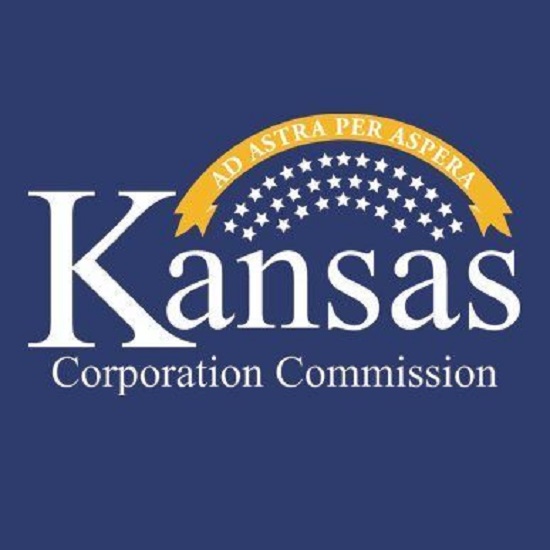The panel that oversees utility regulation in Kansas would be exempt from the state’s open meetings law to discuss docketed cases under a bill up for a hearing this week in the statehouse.
The bill would allow a majority of the three-member corporation commission to talk to each other about docketed cases among themselves without calling a public meeting and violating the state’s open meeting requirements.
Officials say there has been some ambiguity over whether the open meetings law applies to the Kansas Corporation Commission and whether it gives the regulatory staff an extraordinary amount of power.
The bill would give commissioners the ability to deliberate on a case individually after a hearing, similar to a panel of judges on the state appeals court.
It also would prohibit parties involved in docketed cases before the KCC from having outside communications with commissioners.
Open meetings advocates said lawmakers should vote down the bill unless it can be shown that the government’s interests outweigh the public’s right to know.
The KCC discussed the legislation during a business meeting Friday.
And while the KCC will officially be neutral when it testifies on the bill next week, commissioners articulated the general benefits of the legislation.
“This bill would aid us in making our processes more efficient,” KCC Chair Andrew French said during the agency’s business meeting Friday.
“It would be helpful to have that ability, just like a court does, (that) when we hear all the evidence to be able to deliberate on that evidence directly,” French said.
“The matters we hear are so technical and complex,” French said.
“It would be good to have sort of a private vetting of those issues, be able to explore them openly and candidly between ourselves,” he said.
French said he didn’t think the bill would undercut any of the public policy justifications for the state’s open meetings law.
He noted that the agency is subject to the Kansas Administrative Procedures Act and the Kansas Judicial Review Act.
He said the KCC’s proceedings are already judicial in nature. The fact that the KCC is subject to judicial review means it can’t act arbitrarily and contrary to evidence.
“I think it’s probably universally accepted that the courts benefit from that ability to privately and candidly deliberate on the matters before them,” he said.
“I think that same rationale would apply to our docketed matters,” he said.
French stressed that the bill doesn’t provide a full exemption from the open meetings act, but only for courtlike proceedings that the commission undertakes.
He added that if the bill doesn’t pass, the KCC could still carry out its legal responsibilities.
Republican state Rep. Leo Delperdang, chair of the House utilities committee, said he considered either electing or appointing more members to the corporation commission to allow for more conversations but opted for this bill as a compromise.
The Kansas Press Association said lawmakers should reject the proposed exemption to the open meetings law.
The group said the exemption should be granted only if the bill’s supporters “can accomplish the very tall task of articulating a substantial government interest that outweighs the public’s right be informed.
“KPA struggles to identify what that interest could be. Even rural water districts and other public bodies across the state with few members are and have been subject to KOMA since its inception,” the group said.
Paul Snider, the lobbyist for Kansans for Lower Electric Rates, said the exemption could improve collaboration between commissioners.
He said that could lead to better outcomes for customers.
“It’s the same kind of concept that the Court of Appeals follows and other quasi judicial boards,” he said.














